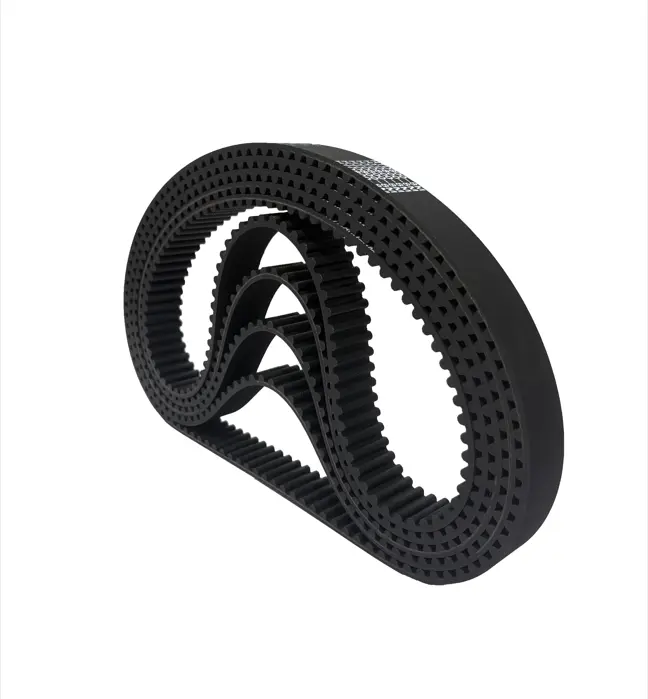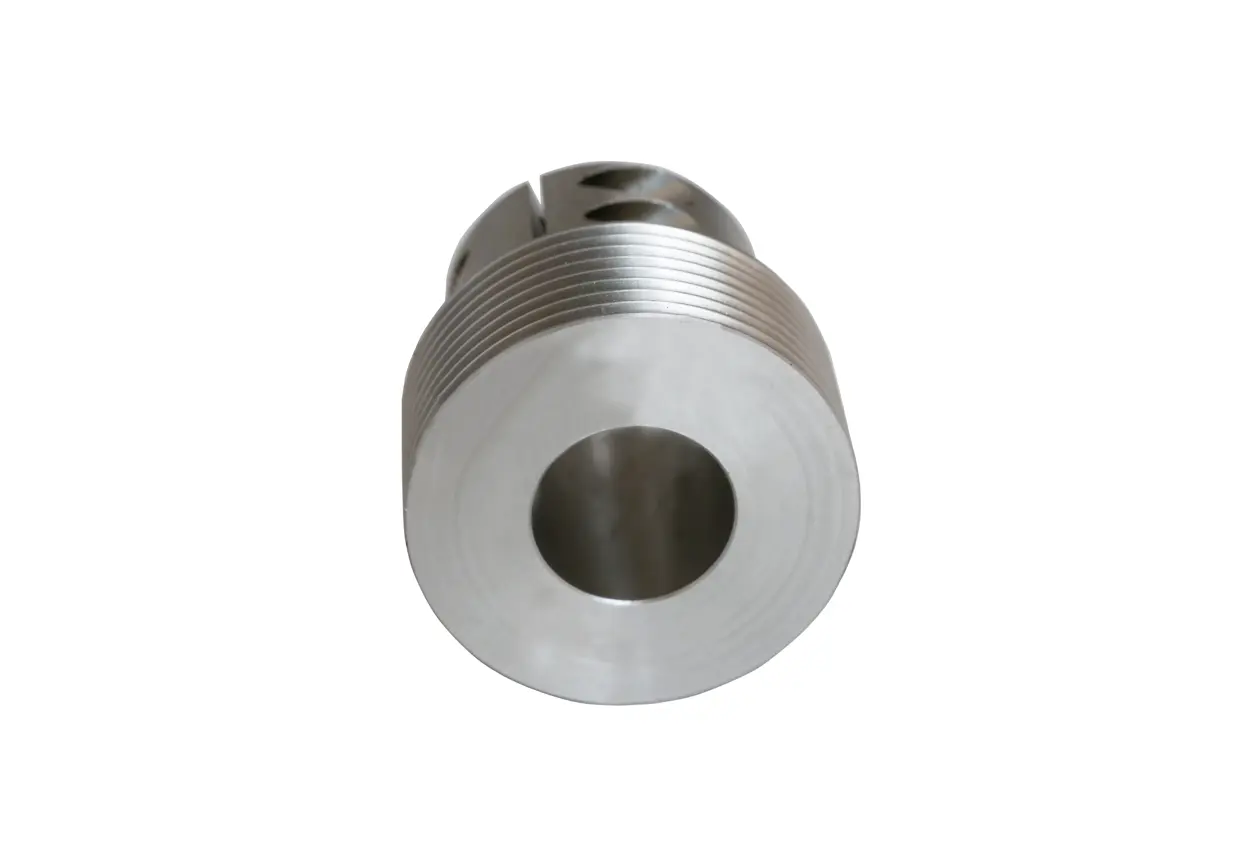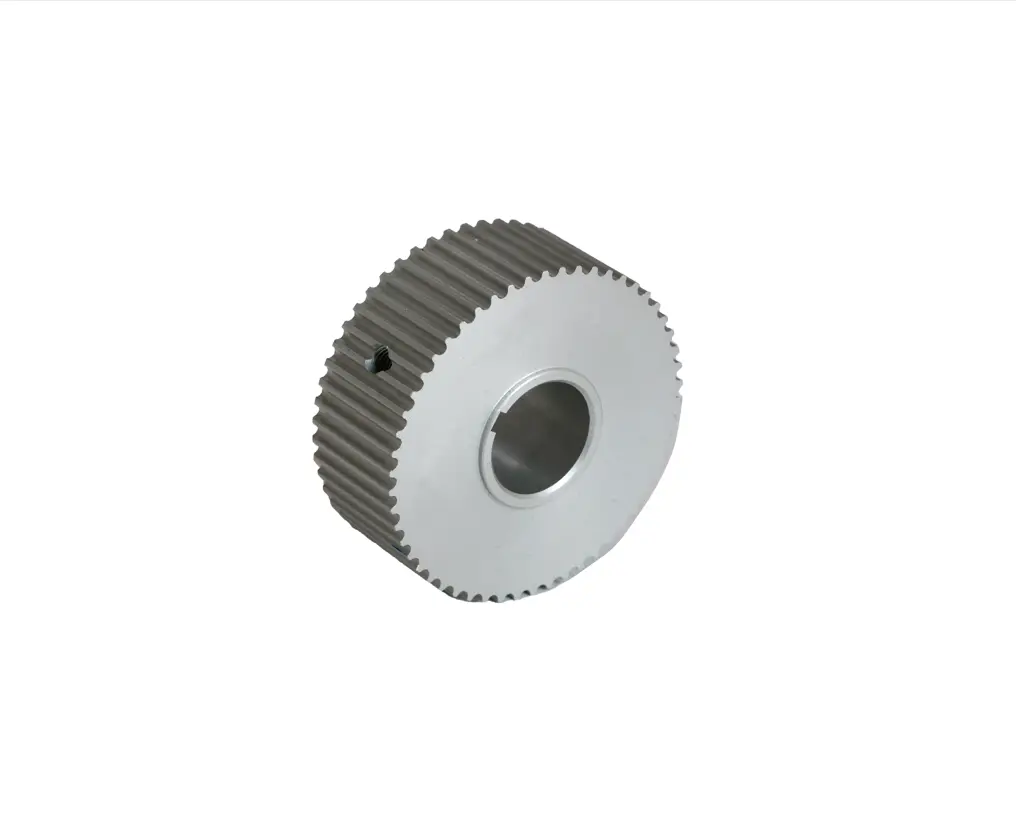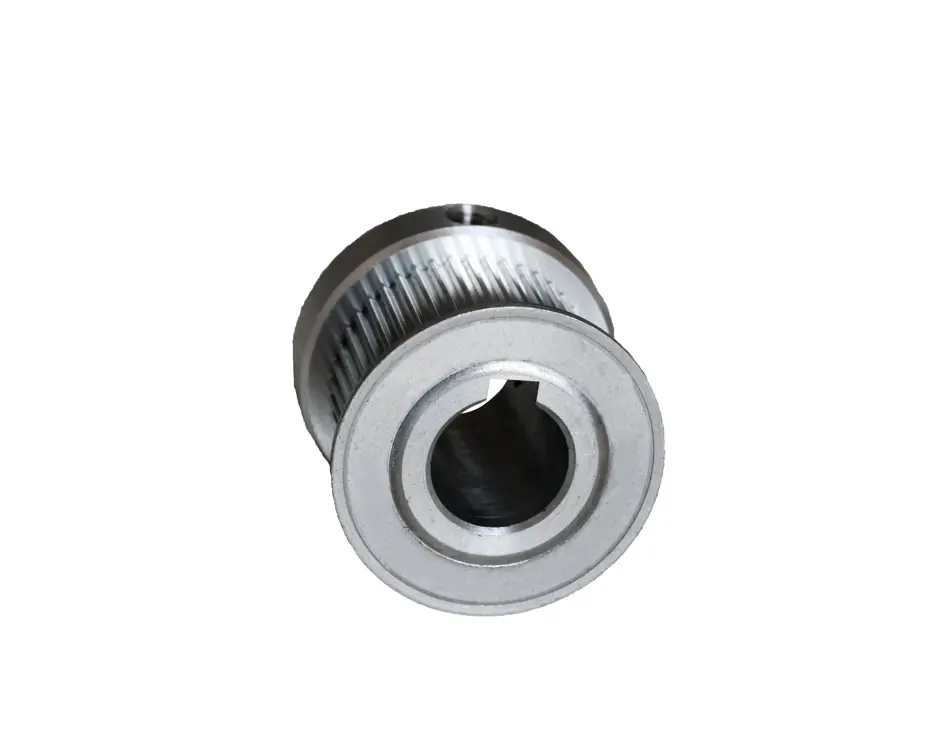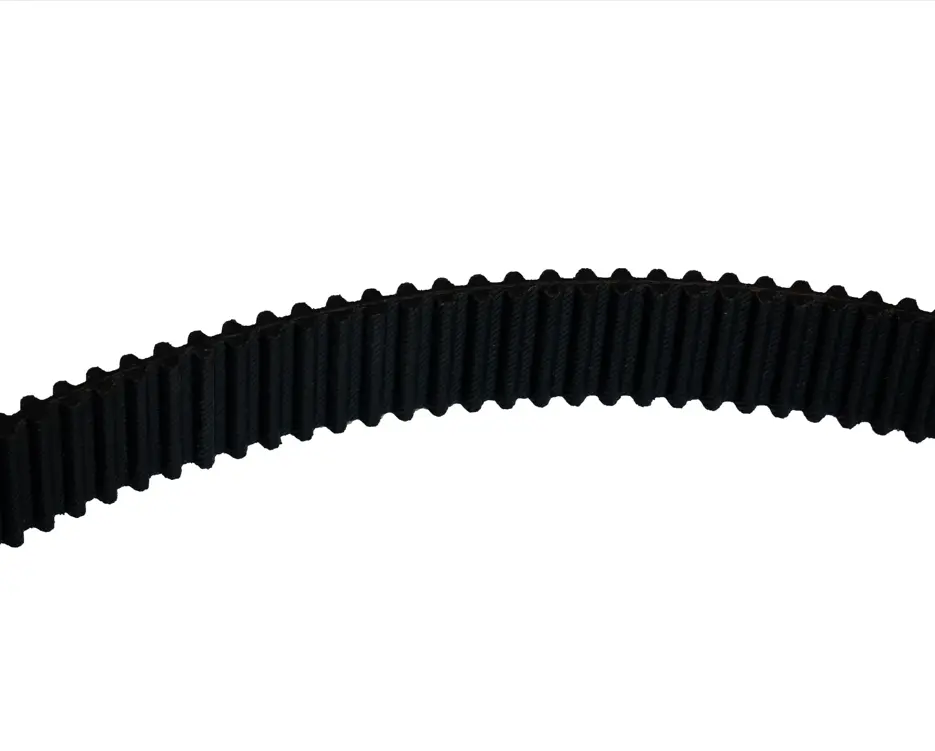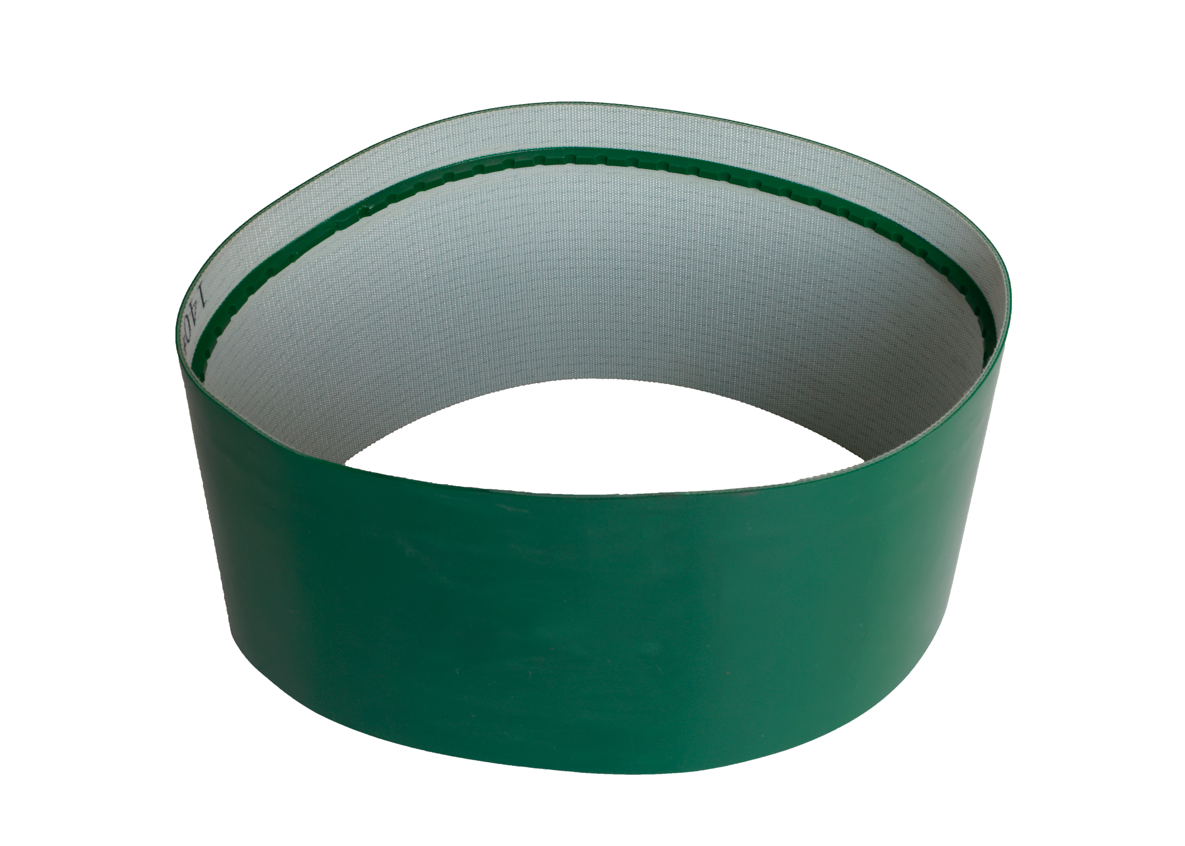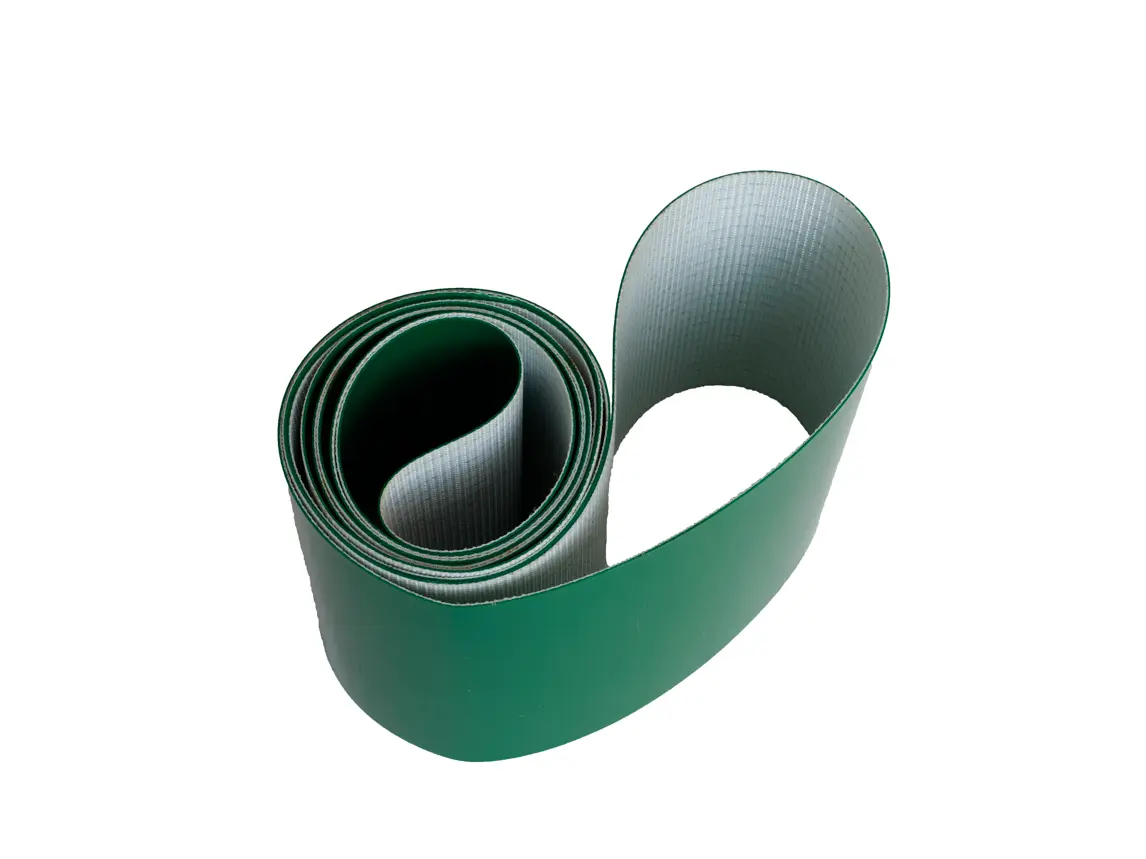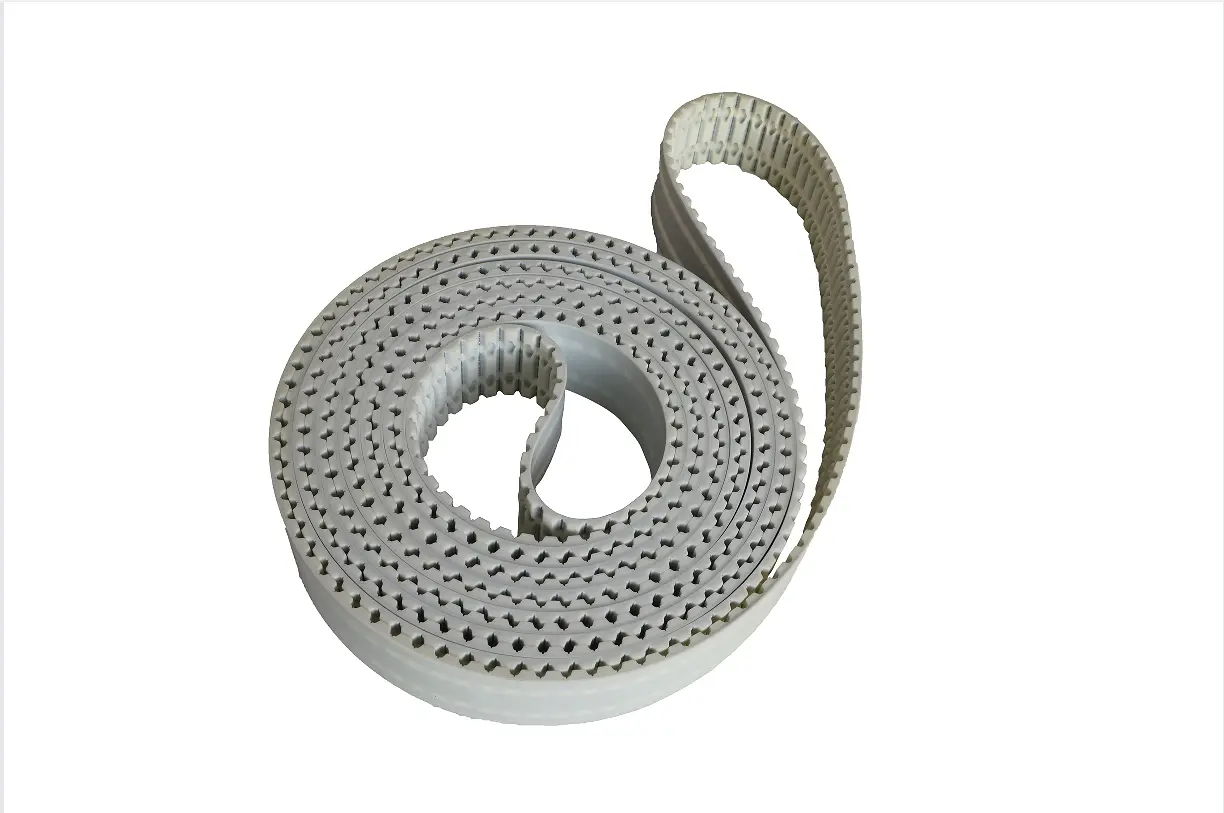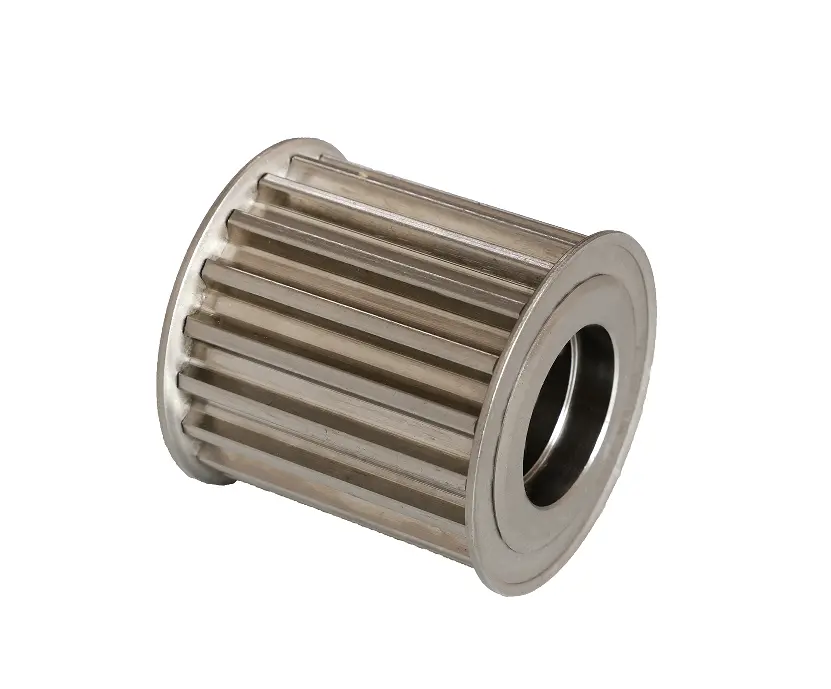Exploring the Benefits of Aluminum Pulleys in CNC Machining Systems
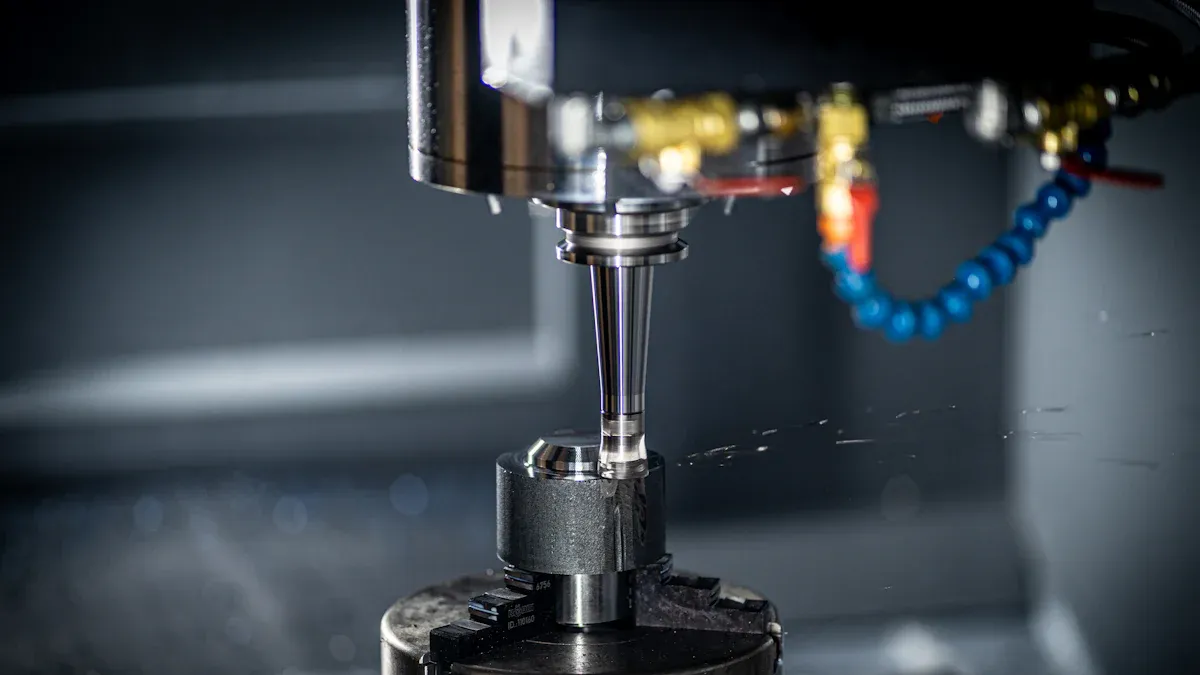
In CNC machining, lightweight components play a crucial role. They help reduce inertia, which enhances overall performance. Aluminum timing pulleys, a type of synchronous pulleys, are known for their strength and corrosion resistance, significantly boosting spindle performance. These drive pulleys offer notable advantages that lead to improvements in machining efficiency and precision, making aluminum pulleys a top choice for many applications.
Key Takeaways
- Aluminum Timing Pulleys are lightweight, reducing inertia and leading to faster acceleration and energy savings in CNC systems.
- The durability and corrosion resistance of aluminum pulleys enhance their lifespan, making them ideal for demanding machining environments.
- Using aluminum pulleys can improve spindle performance, resulting in higher precision and reduced load on motors during operation.
Technical Advantages of Aluminum Timing Pulleys
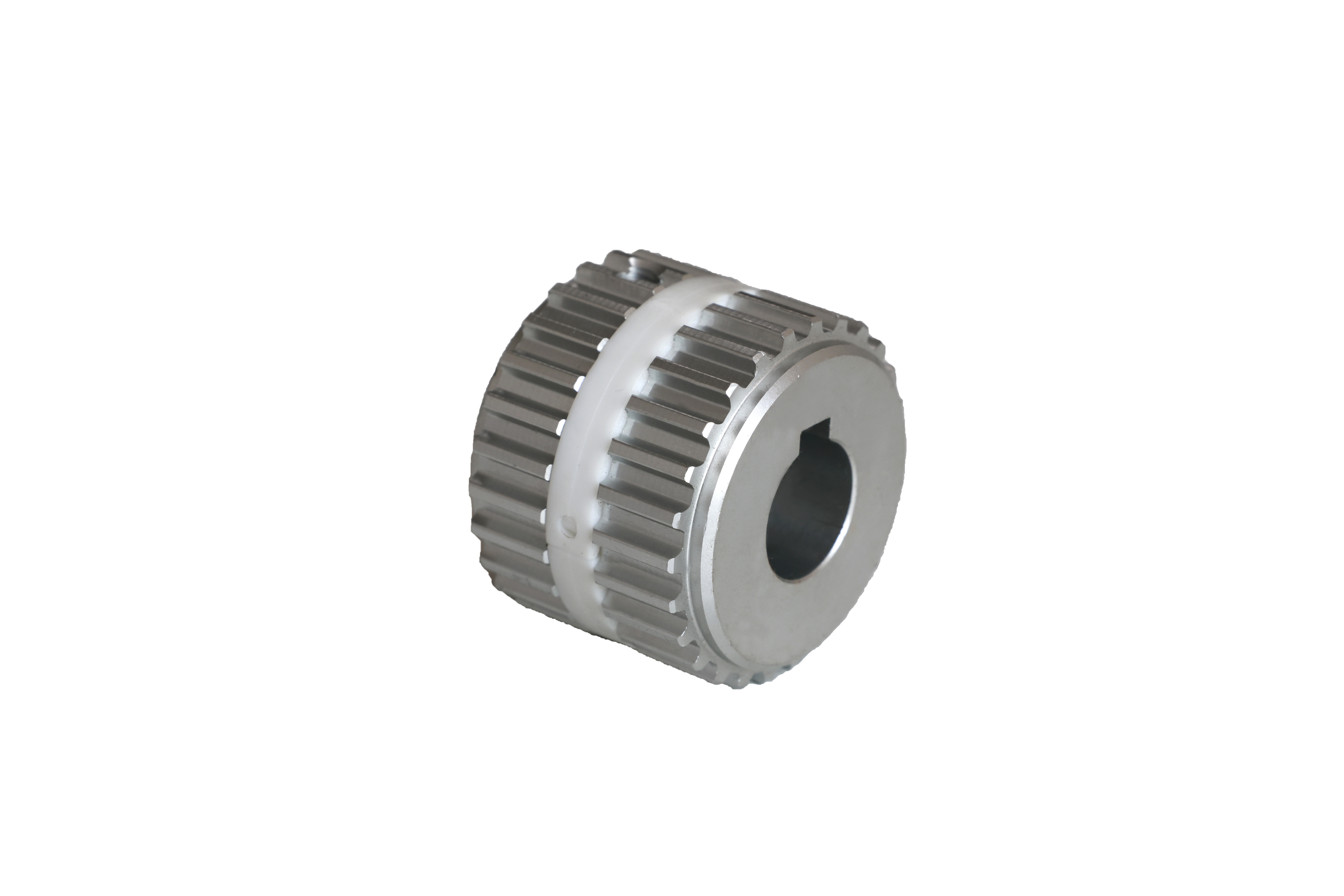
Aluminum timing pulleys offer several technical advantages that make them a preferred choice in CNC machining systems. Their lightweight nature, durability, and strength significantly enhance performance and efficiency. Let’s dive into these benefits.
Lightweight Nature
One of the standout features of aluminum timing pulleys is their lightweight nature. Aluminum weighs only one-third as much as steel, making it a fantastic option for reducing overall system weight. Here are some key points to consider:
-
Weight Comparison:
- Aluminum is significantly lighter than steel.
- While plastic is the lightest material, aluminum strikes a balance between weight and strength.
-
Performance Benefits:
- The reduced weight lowers inertia, allowing for quicker acceleration and deceleration.
- This lightweight design can lead to energy savings, with reductions in energy consumption ranging from 10.6% to over 50%.
By using aluminum timing pulleys, CNC systems can operate more efficiently, leading to better performance and lower energy costs.
Durability and Strength
Aluminum timing pulleys are not just lightweight; they also boast impressive durability and strength. This makes them ideal for demanding CNC applications. Here’s why:
- Corrosion Resistance: Aluminum is naturally resistant to corrosion, which extends the lifespan of the pulleys in various environments.
- High Strength-to-Weight Ratio: Aluminum provides a robust solution without the added weight of steel. This strength ensures that the pulleys can handle high loads without deforming or breaking.
These characteristics make aluminum timing pulleys suitable for high-performance environments, where reliability is crucial.
Impact on Spindle Performance
The impact of aluminum timing pulleys on spindle performance cannot be overstated. Their design and material properties contribute to smoother operation and enhanced efficiency. Consider the following:
- Reduced Load on Motors: The lightweight nature of aluminum pulleys decreases the load on motors, which enhances transmission efficiency. This leads to less energy loss during operation.
- Improved Precision: With less inertia, CNC machines can achieve higher precision in their movements. This is essential for tasks that require exact specifications.
Practical Applications of Aluminum Pulleys in CNC Machining
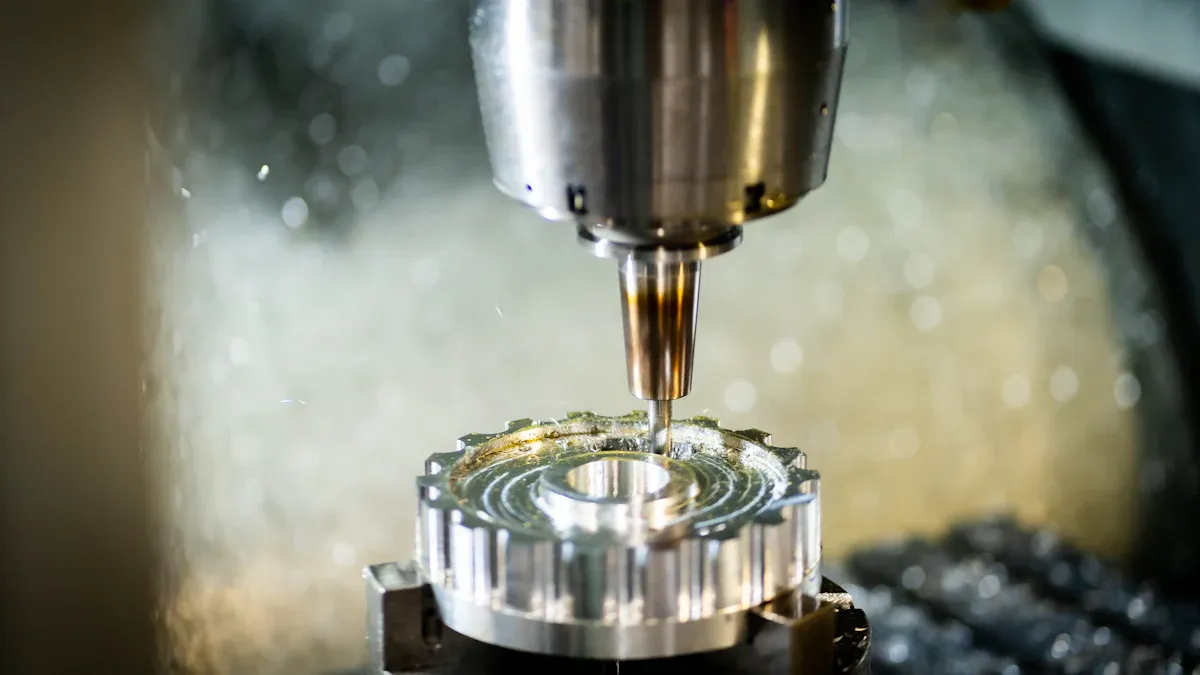
Aluminum timing pulleys play a vital role in various practical applications within CNC machining systems. Their lightweight and durable nature makes them ideal for high-speed operations. They integrate seamlessly with different CNC machines, enhancing overall performance. Let’s explore these applications in detail.
Use in High-Speed Operations
Aluminum timing pulleys excel in high-speed operations. Their lightweight design reduces inertia, allowing machines to accelerate and decelerate quickly. This feature is crucial in industries where speed is essential, such as automotive and aerospace manufacturing. Here are some benefits of using aluminum pulleys in high-speed settings:
- Faster Cycle Times: With reduced weight, machines can complete tasks more rapidly, leading to shorter production cycles.
- Enhanced Responsiveness: The quick response time of aluminum pulleys allows for precise control during high-speed machining.
In high-speed operations, aluminum timing pulleys help maintain efficiency while ensuring that precision remains intact.
Integration with Various CNC Machines
Aluminum timing pulleys offer versatility in their integration with various CNC machines. They can be used in different setups, from milling machines to lathes. This adaptability makes them a popular choice among manufacturers. Here’s how they integrate effectively:
- Compatibility: Aluminum pulleys can fit into existing systems without requiring extensive modifications.
- Customization Options: Manufacturers can customize the size and specifications of aluminum pulleys to meet specific machine requirements.
This flexibility allows businesses to enhance their CNC systems without significant investment in new equipment.
Case Studies of Successful Implementations
Several companies have successfully implemented aluminum timing pulleys in their CNC machining processes. These case studies highlight the benefits and effectiveness of using aluminum pulleys. For instance:
- Company A: A leading automotive manufacturer switched to aluminum timing pulleys in their CNC milling machines. They reported a 20% increase in production speed and a notable reduction in energy consumption.
- Company B: An aerospace parts manufacturer integrated aluminum pulleys into their lathes. They experienced improved precision and a decrease in maintenance costs due to the durability of the pulleys.
These examples demonstrate how aluminum timing pulleys can significantly enhance performance and efficiency in CNC machining systems.
Best Practices and Comparisons
When it comes to aluminum pulleys in CNC machining, understanding best practices and making informed comparisons can enhance performance and longevity. Here are some key points to consider.
Installation and Maintenance Tips
Proper installation and maintenance of aluminum pulleys are crucial for optimal performance. Here’s a quick guide to keep your pulleys in top shape:
Maintenance Frequency:
Maintenance Frequency Key Tasks Daily Visual Inspection, Cleaning and Removing Debris, Checking for Slippage, Listening for Abnormalities Weekly Lubricating Moving Parts, Inspecting Belts and Rollers, Tightening Fasteners
Regular maintenance not only extends the life of the pulleys but also ensures smooth operation.
Comparison with Steel and Plastic Pulleys
Aluminum pulleys stand out when compared to steel and plastic options. Each material has its unique properties and advantages. Here’s a breakdown:
| Material | Properties | Advantages |
|---|---|---|
| Aluminum | Malleable, low maintenance, durable, resistant to corrosion | Lightweight compared to steel, suitable for prototyping, can withstand harsh environments |
| Steel | Heavier, strong, durable | Excellent for high-load applications, less likely to deform under stress |
| Plastic | Lightweight, resistant to corrosion, can warp under heat | Cost-effective, suitable for low-load applications, easy to mold into various shapes |
Aluminum offers a great balance of weight and strength, making it ideal for many CNC applications.
Cost-Benefit Analysis
Cost is always a consideration in manufacturing. Here’s a quick look at the average costs associated with aluminum, steel, and plastic pulleys:
| Material Type | Cost Range (USD) | Minimum Order Quantity |
|---|---|---|
| Aluminum | $5.80 - $7.60 | 2 |
| Steel | $0.15 - $9.99 | 10 |
| Plastic | $0.10 - $1.00 | 1 |
While aluminum may have a higher upfront cost than plastic, its durability and performance benefits often lead to long-term savings. Choosing the right pulley material can significantly impact both efficiency and costs in CNC machining systems.
Aluminum pulleys offer numerous benefits in CNC systems. They are lightweight, strong, and corrosion-resistant, which enhances machining efficiency and precision. Here are some key points to remember:
- Aluminum's lightweight nature is crucial for applications in automotive and aerospace industries.
- The material's strength and thermal conductivity make it versatile for various working conditions.
Industry professionals should seriously consider aluminum pulleys for their applications. They not only improve performance but also align with sustainability goals in manufacturing. 🌍
FAQ
What are the main benefits of using aluminum pulleys in CNC machining?
Aluminum pulleys are lightweight, durable, and corrosion-resistant, enhancing efficiency and precision in machining processes.
How do aluminum pulleys compare to steel and plastic options?
Aluminum offers a great balance of weight and strength, making it ideal for high-performance applications compared to steel and plastic.
Can aluminum pulleys be customized for specific CNC machines?
Yes, manufacturers can customize aluminum pulleys in size and specifications to fit various CNC machine requirements.

